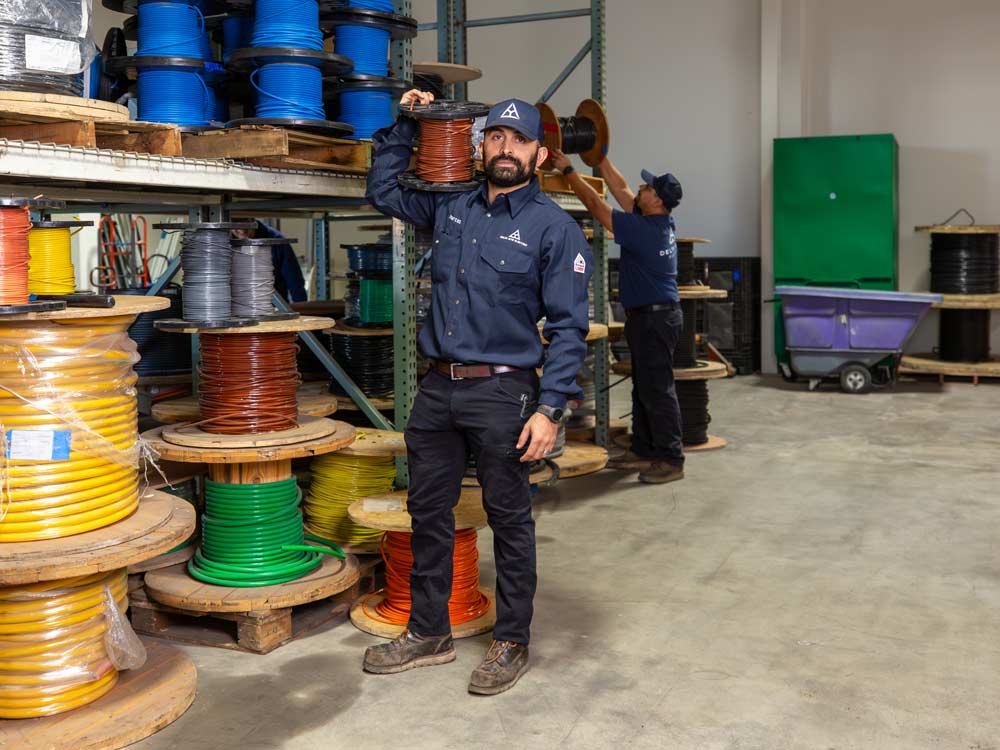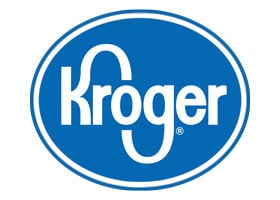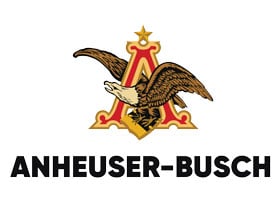Automation technology, or industrial automation, revolutionizes the manufacturing industry and transforms business operations. With the integration of automation technologies such as robotic process automation (RPA), artificial intelligence (AI), machine learning (ML), and the Internet of Things (IoT), factories are becoming more efficient and productive. Industrial automation technology encompasses a range of tools and systems that streamline and automate various processes within the manufacturing industry. This includes using robots and automation equipment to perform repetitive tasks, advanced control systems to manage production processes, and sensors and actuators for integrated motion control.
By eliminating human error and increasing precision, automation technology optimizes manufacturing and reduces the chance of defects or accidents. This digital transformation in the manufacturing industry creates numerous career opportunities, and the demand for skilled professionals in automation technology is rising.
As we delve deeper into the heart of this revolution, we’ll uncover the myriad ways in which automation technology is not only optimizing production but also enhancing product quality and safety. We’ll explore how factories are becoming smarter, more efficient, and more adaptable to the ever-changing demands of the market. Whether you’re a technology-oriented business owner looking to gain a competitive edge or a curious mind fascinated by the future of manufacturing, this journey through the world of factory automation promises to be both enlightening and inspiring.
Key Aspects of Automation in Industrial Factories
Factories are increasingly turning to powerful technologies to automate their operations:
Robotic Process Automation (RPA)
RPA refers to using software robots, or software automation tools, to automate rule-based and repetitive tasks in the production process. By leveraging automation equipment such as industrial robots, sensors, actuators, and control systems, RPA allows for creating highly efficient and automated systems.
RPA can learn from human operators and adapt to changing circumstances in real-time, enhancing the adaptive capabilities of the automation system.
Artificial Intelligence (AI) and Machine Learning
Integrating AI and machine learning in industrial automation equips robots and automation equipment to perform complex tasks that were previously only feasible for humans. These technologies enable robots to execute repetitive tasks with precision and accuracy, eliminating the risk of human error.
In demand forecasting, IBM uses AI to analyze historical sales data and other factors like seasonality and market trends to predict future demand accurately. This allows businesses to optimize inventory levels and reduce wasted resources.
These technologies are not only capable of identifying patterns and trends by analyzing historical data, but they also help businesses anticipate demand fluctuations. This empowers them to adjust production schedules accordingly, ensuring they can meet customer needs while optimizing resource allocation.
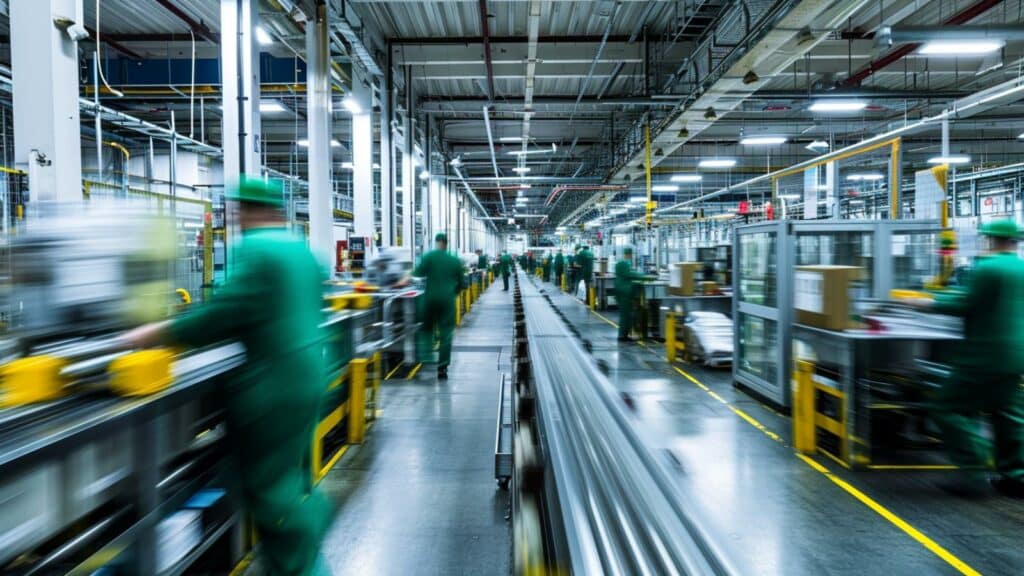
Internet of Things (IoT)
IoT refers to a network of interconnected devices that gather and exchange data through the internet. In industrial automation, IoT devices function as the eyes and ears of modern factories, capturing valuable information about the production process, machine performance, and environmental conditions.
Additionally, IoT devices can be integrated with motion control systems and programmable logic controllers to automate the movement and operation of machines in the manufacturing process.
Despite their complexity, these technologies work harmoniously: IoT devices collect data, ML algorithms learn and predict from this data, and RPA bots execute tasks based on these predictions, all under the guidance of powerful AI.
Impact of Automation on Factory Operations
Automation technology significantly impacts factory operations, revolutionizing the manufacturing industry. With the advancement of industrial automation technology, factories can optimize their production process and achieve higher productivity levels. By implementing automation systems, such as robotics, software robots, and machine learning, factories can streamline manufacturing processes, reducing the time it takes to produce goods. This not only improves overall efficiency but also allows for the production of larger quantities in a shorter period, catering to growing market demands.
In addition, automation equipment, control systems, and sensors ensure consistency and quality control in manufacturing. With the help of actuators and motion control, precise movements in the production line can be executed, resulting in highly accurate and standardized products.
With the constant advancements in automation technologies, factories can achieve digital transformation, embracing the power of automation to stay competitive in the ever-evolving manufacturing industry.
Future of Factory with Automation Technology
The future of factories is inextricably linked to the advancement of automation technology. Automation becomes more sophisticated each year, leading to significant shifts in manufacturing processes and productivity. The integration of automation technologies in factories has been driven by their ability to enhance efficiency, reduce human error, and cut operational costs.
According to a report by the International Federation of Robotics (IFR), the global stock of industrial robots in factories has seen exponential growth, with a record of 3 million installations worldwide by the end of 2020. This represents a 10% increase from the previous year, signaling a swift adaptation of automation technologies in the manufacturing sector.
Digital Twin technology is also gaining traction in the realm of automation. Manufacturers can simulate, analyze, and control operations more efficiently and cost-effectively by creating a virtual replica of a physical system. This technology allows for better optimization of processes, identification of potential issues, and testing and refining solutions before implementing them in the real world. It is instrumental in the design and development stages of automation equipment, as it allows engineers to analyze and fine-tune the performance of machines and systems.
The advancements in automation technology shape the future of factory automation, the integration of AI and robotics, and the use of digital twin technology. Manufacturing companies that embrace these advancements will gain a competitive edge in terms of productivity, reliability, and innovation.
Practical Guide to Implementing Automation
While the benefits of automation are clear, implementing it requires careful consideration. Ready to embark on your automation journey? Here are some practical steps to consider:
Cost Analysis
Automation technology provides numerous benefits, such as increased productivity, improved efficiency, and reduced labor costs. Factors like the cost of automation equipment, sensors, actuators, and control systems must be considered to determine the initial investment. Costs associated with training automation technicians and implementing automation platforms should also be included.
Workforce Impact
While some may fear that automation will lead to job loss, it is important to recognize that it also presents an opportunity for upskilling employees to work alongside these new technologies. A report by the World Economic Forum (WEF) suggests that by 2025, automation and a new division of labor between humans and machines will disrupt 85 million jobs globally in medium and large businesses across 15 industries and 26 economies. Yet, the same report posits that 97 million new roles adapted to this new division of labor may emerge.
By investing in training programs and education focusing on automation technology, workers can acquire the necessary skills to operate and maintain the automation equipment. This includes understanding how to program and navigate control systems, troubleshooting, problem-solving, and integrating new technologies into manufacturing.
Finding the Right Vendors
Industrial automation technology is pivotal in enhancing productivity and streamlining manufacturing processes. Therefore, it is essential to identify reliable vendors who can provide the necessary automation technology and support.
Look for vendors who have a strong track record in providing automation solutions in the manufacturing industry. This includes expertise in robotics, motion control, machine learning, and artificial intelligence. Vendors specializing in automation equipment, sensors, actuators, and control systems should also be prioritized.
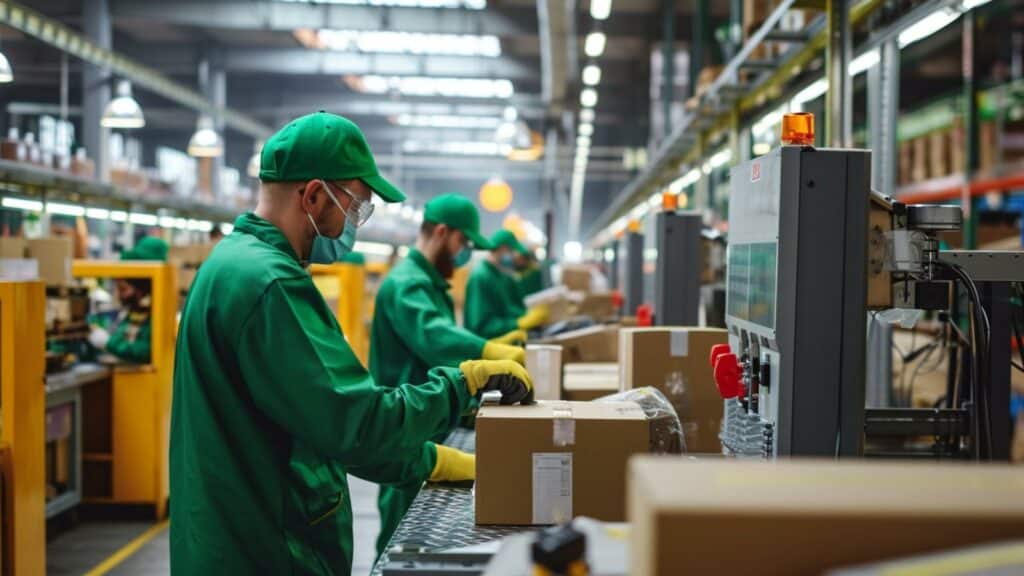
Challenges and Caveats of Industrial Automation Technology
As promising as automation is, it has its fair share of challenges. Let’s explore these challenges and discuss practical ways to address them:
Cybersecurity Threats
Industrial automation, which harnesses advanced technology, robotics, and artificial intelligence to enhance efficiency in manufacturing processes, is particularly susceptible to cyberattacks. A pertinent example is the infamous Stuxnet worm, a malicious computer worm uncovered in 2010 that targeted industrial automation systems, specifically Siemens’ supervisory control and data acquisition (SCADA) systems. This was used to manage and monitor manufacturing, oil and gas, and utilities processes.
Over-Dependence on Automation
More reliance on automation technology in the industrial manufacturing sector can have drawbacks. With the increased use of automation equipment, robots, and control systems, there is a risk of over-dependence on automated processes, leading to a need for more human oversight. While automation technology has revolutionized the manufacturing industry by improving productivity and streamlining the production process, it is important to balance automation and human intervention.
Initial Costs
The initial costs associated with implementing automation technology can pose significant financial challenges, especially for smaller businesses operating with limited budgets. Furthermore, training and hiring skilled professionals such as automation technicians with expertise in engineering technology, applied science, and automation systems also contribute to the initial costs. Smaller businesses might face additional expenses in acquiring associate degrees or attending higher learning commission-accredited industrial automation technology programs to obtain the necessary skills for operating and maintaining automation technologies.
Conclusion
Automation technology is more than a trend; it’s a transformative force that can reshape industrial factories’ operations. It empowers technology-oriented business owners to ramp up efficiency drastically, significantly trim overheads, and capture an enduring competitive edge. As you consider how automation fits into your operational strategy, bear in mind the relentless motion of progress: the future is incontrovertibly automated, and it’s eagerly awaiting your embracement of its vast potential.
With the rapid pace of technological advancement, the transition to automation can seem daunting. This is where Delta Wye comes in. We understand that each business, large or small, has its unique requirements and specific operational nuances. Our team of industrial electrical experts remains committed to understanding your specific needs, advising on the electrical infrastructure needed for these state-of-the-art solutions, and driving a customized electrical strategy that promises optimal returns on your investment.
As Delta Wye partners with you in your automation journey, we don’t just aim to provide a service but ensure we expedite your transition smoothly and efficiently. We’ve fostered a culture of continuous learning, constantly staying abreast of emergent trends and technological innovations; your automation solutions will fulfill your present requirements and keep you relevant and competitive in the future.
Because at Delta Wye, we’re not just about propelling businesses into the automated future — we’re committed to shaping that future alongside you. Contact us today and let’s discuss your next project.

